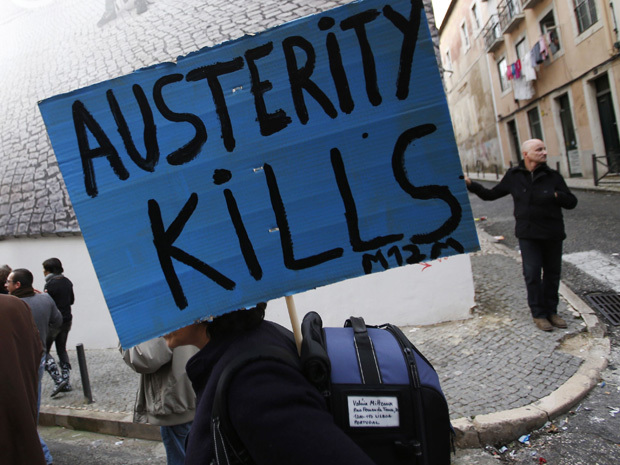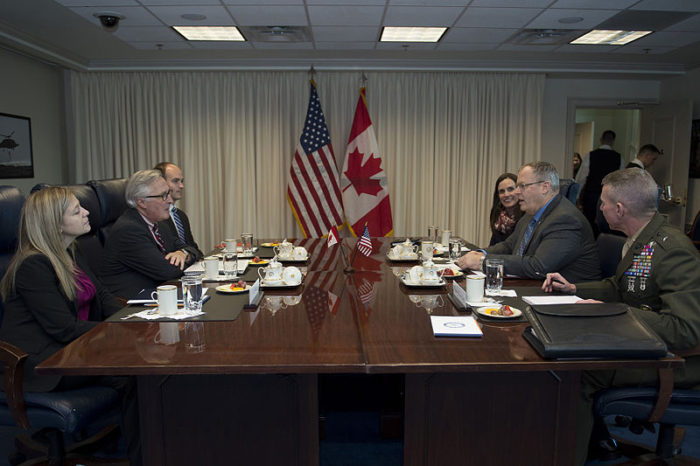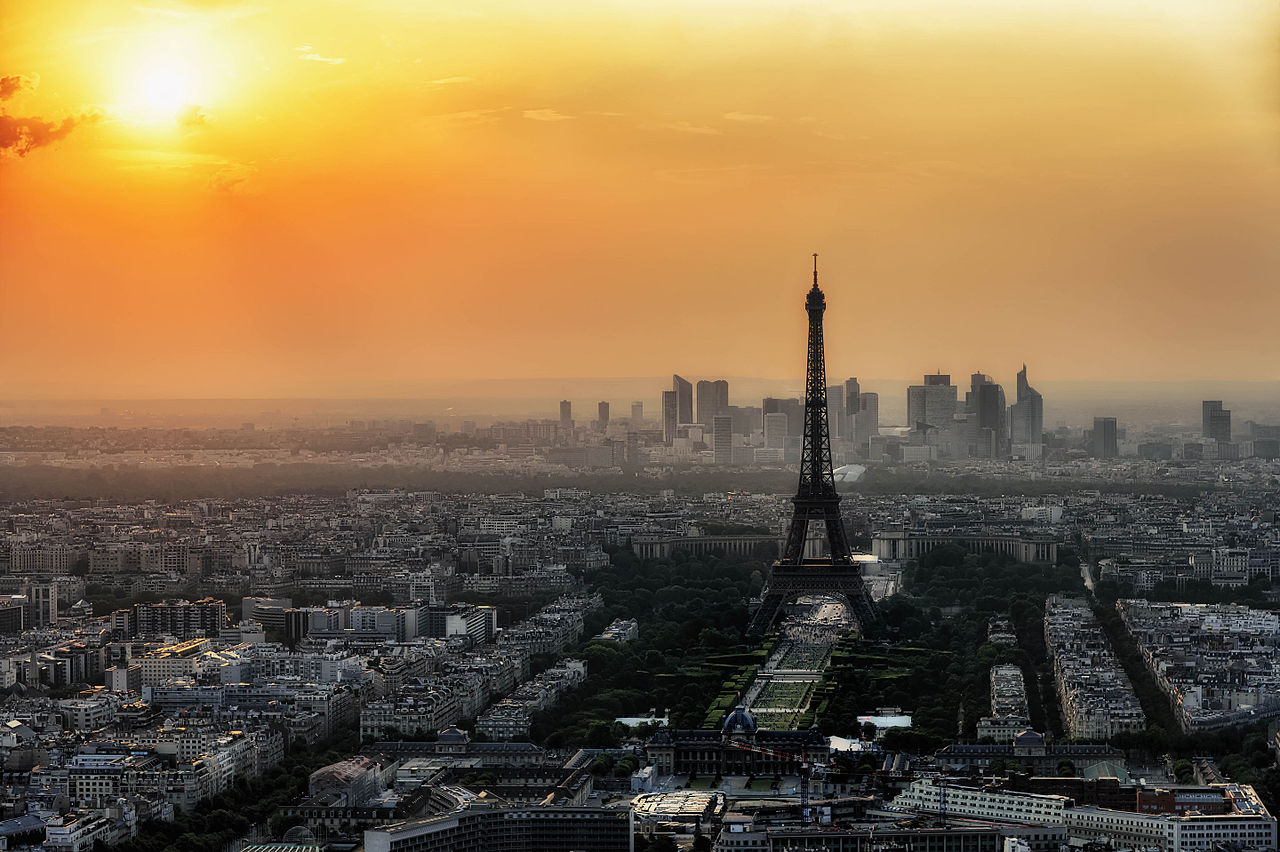[captionpix align=”left” theme=”elegant” width=”320″ imgsrc=” http://www.policymic.com/articles/7792/photo.jpg” captiontext=” French Election 2012: Sarkozy and Hollande.”]
It seems that the Élysée Palaceis heading for a change. François Hollande is leading with 28.6% of voter support after the first round of the French presidential elections held on April 22, while Nicolas Sarkozy is just behind him with 27.2%. According to a poll conducted on April 25-26 by Harris Interactive, 55% of respondents would vote for Hollande and 45% for Sarkozy if the elections were held now.
With results such as these François Hollande may very well win in the run-off on May 6. But Hollande is virtually unknown outside of France. Who is he and what does he stand for? He leads the Socialist Party, and if he wins, the Socialists will come to power for the second time in the history of the Fifth Republic, the first being the rule of Hollande’s namesake François Mitterrand – the first Socialist president of post-WWII France and the longest serving to date. The question is: how much will Hollande, if elected, differ from Sarkozy in his foreign policy and how will that affect the Atlantic Alliance?
It is a question worth asking, because it is not being addressed very well in the campaign of either candidate. The elections are primarily fought over domestic matters, where even the Euro-zone crisis is viewed through the domestic lens. Hollande himself acknowledged the neglect that questions of foreign policy and national defence received during the campaign in an important speech he gave on March 11. The speech was notable because it was completely dedicated to his “vision of the world and vision of France”. Other than that, NATO is hardly mentioned in the contenders’ platforms; there is only reference to the withdrawal date from Afghanistan. Hollande wants to withdraw French troops in 2012, earlier than Sarkozy’s announced date of the end of 2013. The French Defense Ministry believes 2012 is an “unrealistic” date for the withdrawal for logistical, budgetary, and security reasons. According to the influential, right of center, French newspaper, Le Figaro, “in order to meet that date, France would have to possess – which it does not – or loan for an astronomical price – which it cannot afford – military transport aircraft to repatriate the troops”.
However, apart from disagreeing about the date of troop withdrawal, the two contenders do not seem to differ very much on any other issue related to the military, and by extension, NATO. Many observers, in fact, note that their major difference will be in “style, not substance.” Current Foreign Minister Alain Juppé stated after taking part in a debate in the Socialist-let Senate recently: “After two-and-a-half hours I can’t tell you any more on what their policy would be because it’s pretty much the same on all subjects other than Afghanistan.”
Hollande’s comments have sometimes betrayed an anti-NATO sentiment; he was against Sarkozy’s decision to bring France back into the integrated military command of NATO and is advocating strengthening European common defense policy instead of relying on the transatlantic partner. He does not seem poised, however, to distance France from NATO, if elected president. “If he does that, it will automatically bring an end to the Lancaster Accords of Franco-British cooperation in defense matters,” said an official from the French Defense Ministry.
NATO has returned to the front pages of newspapers with a newfound purpose after its Libyan campaign, which has been hailed as successful and humanitarian. The mission was furthermore conducted on French initiative, with Hollande supporting the Libyans’ aspirations for democracy. Now he is also supporting the Syrian opposition and condemning Assad’s violence. Therefore, while questioning certain aspects of NATO membership, Hollande does not intend to distance France from the core roles of the Alliance. Yes he wants to pursue a more independent path for France and reinvigorate the common European defense initiative, but, as noted by The Economist, “France’s Socialists have often had to be pragmatic in power.” In wanting to preserve France’s role in the world, the pragmatic step would be to stick with NATO and keep things more or less as they are in that relationship, especially at a time when NATO is receiving mostly positive feedback for its latest mission. As stated by Jean-Yves Drian, a close associate and friend of Hollande and a potential future Minister of Defense, “we aren’t going to unravel everything.”
Finally, Hollande simply will not have a lot of time to introduce a radically different policy. If he is elected president, he will have only two weeks before the NATO Chicago Summit, where he will have to present a clear policy that will guide French choices for the next several years. If he had radically different ideas from the incumbent, he would have to prepare the country by addressing them throughout his campaign. Major breaks with Sarkozy’s foreign and defence policy have simply not been evident.
Thus, although Sarkozy and Hollande are very different personalities with diametrically opposing ideas on many things, they tend to agree when it comes to the question of maintaining France’s importance as a world power. This conviction was obvious in the way Sarkozy got personally involved in many global issues, and it was openly admitted by Hollande, when he said: “France is a great and beautiful Nation. It is not just any Nation.” Therefore, chances are if Hollande is elected the next French president, France will toe the same line within NATO as it did under Sarkozy.



